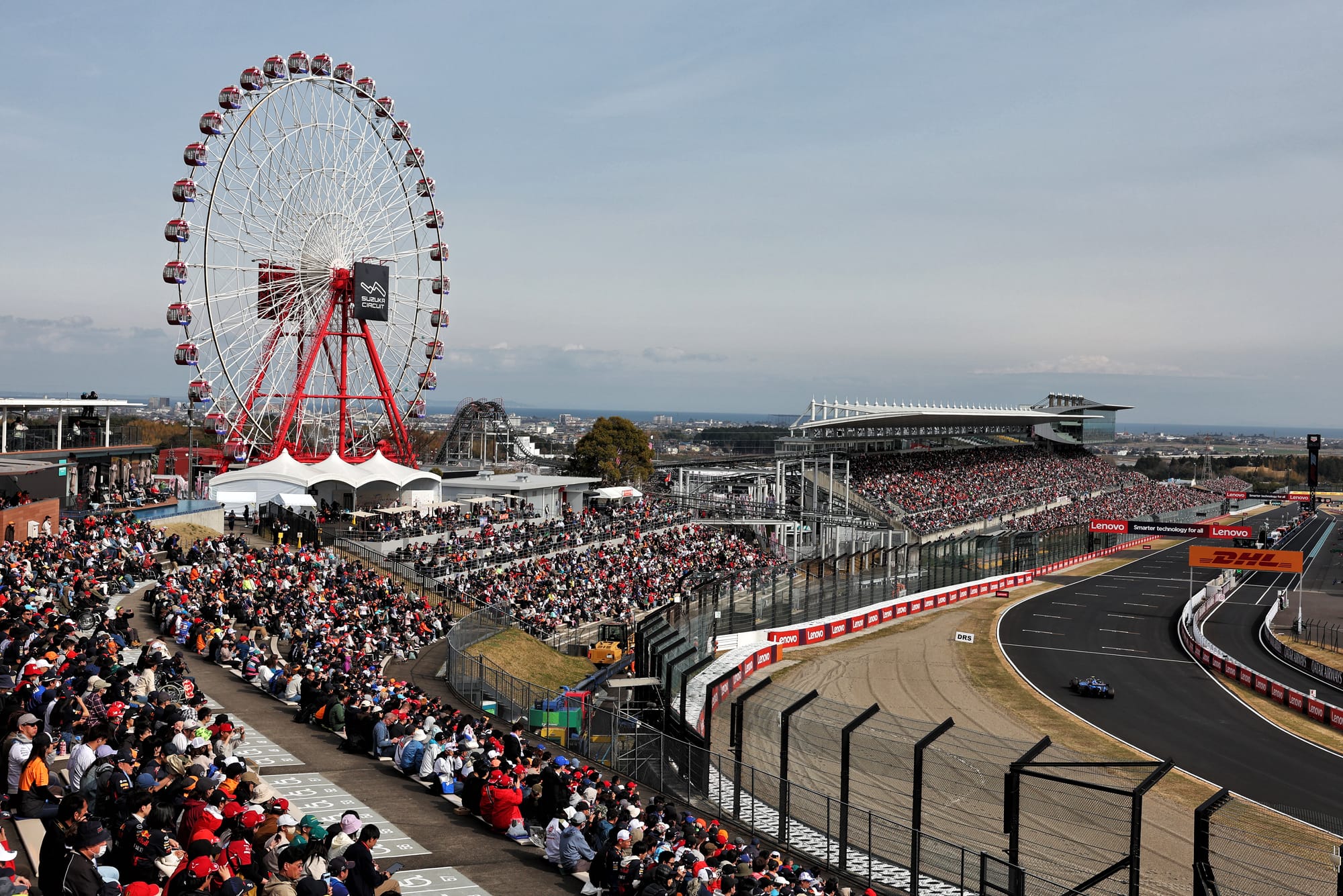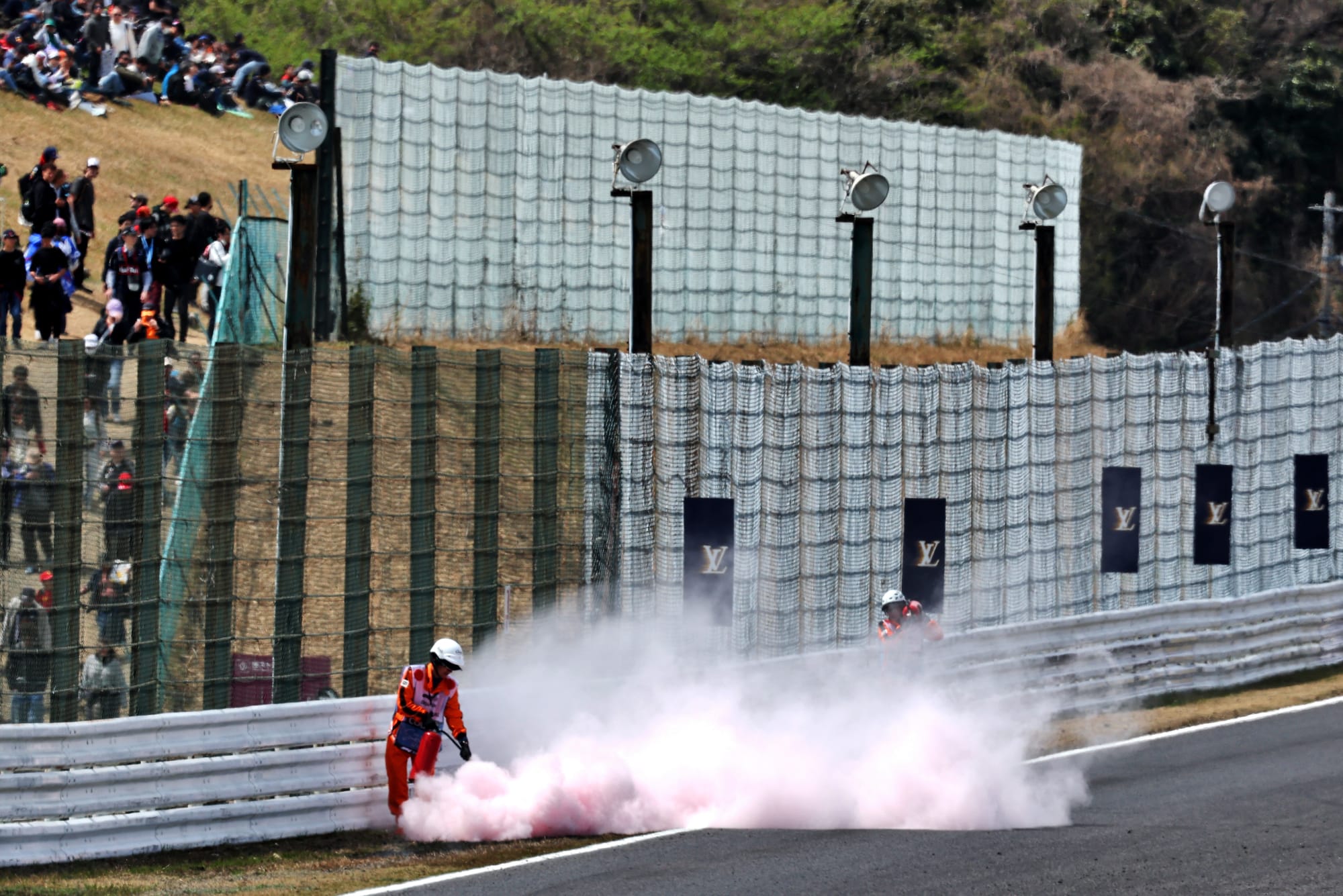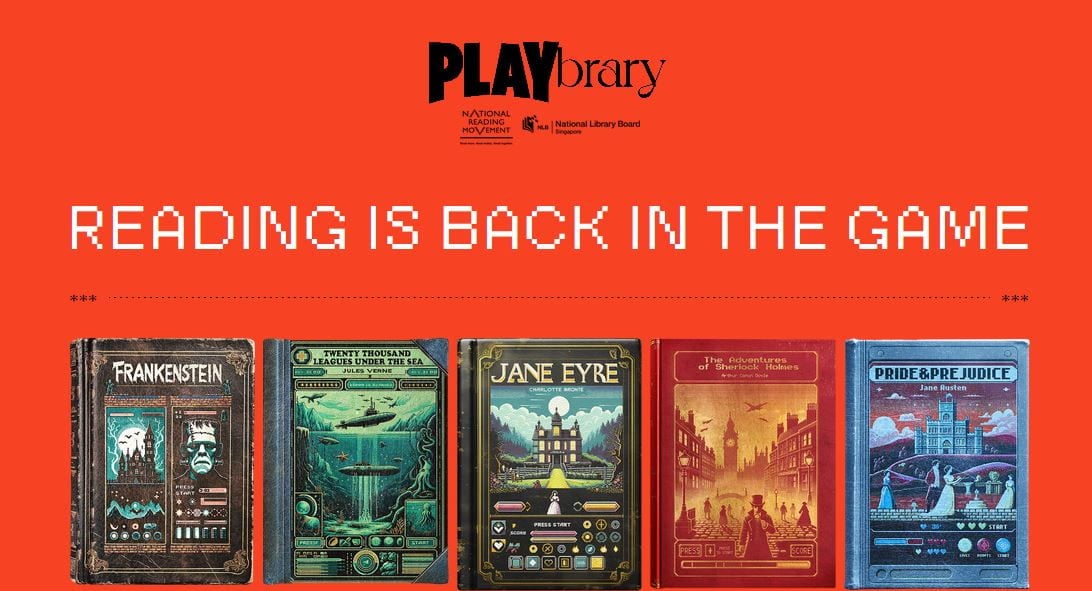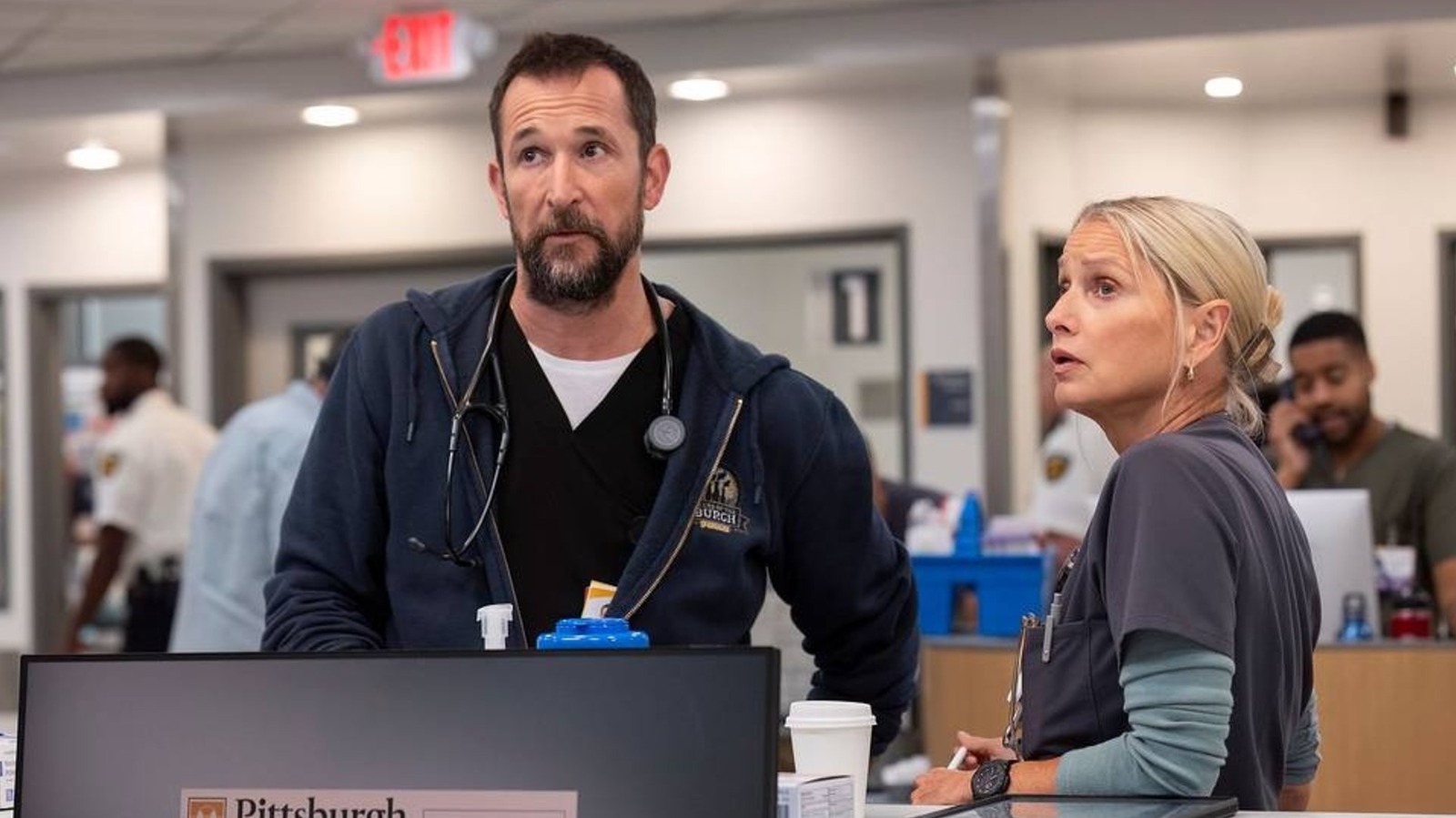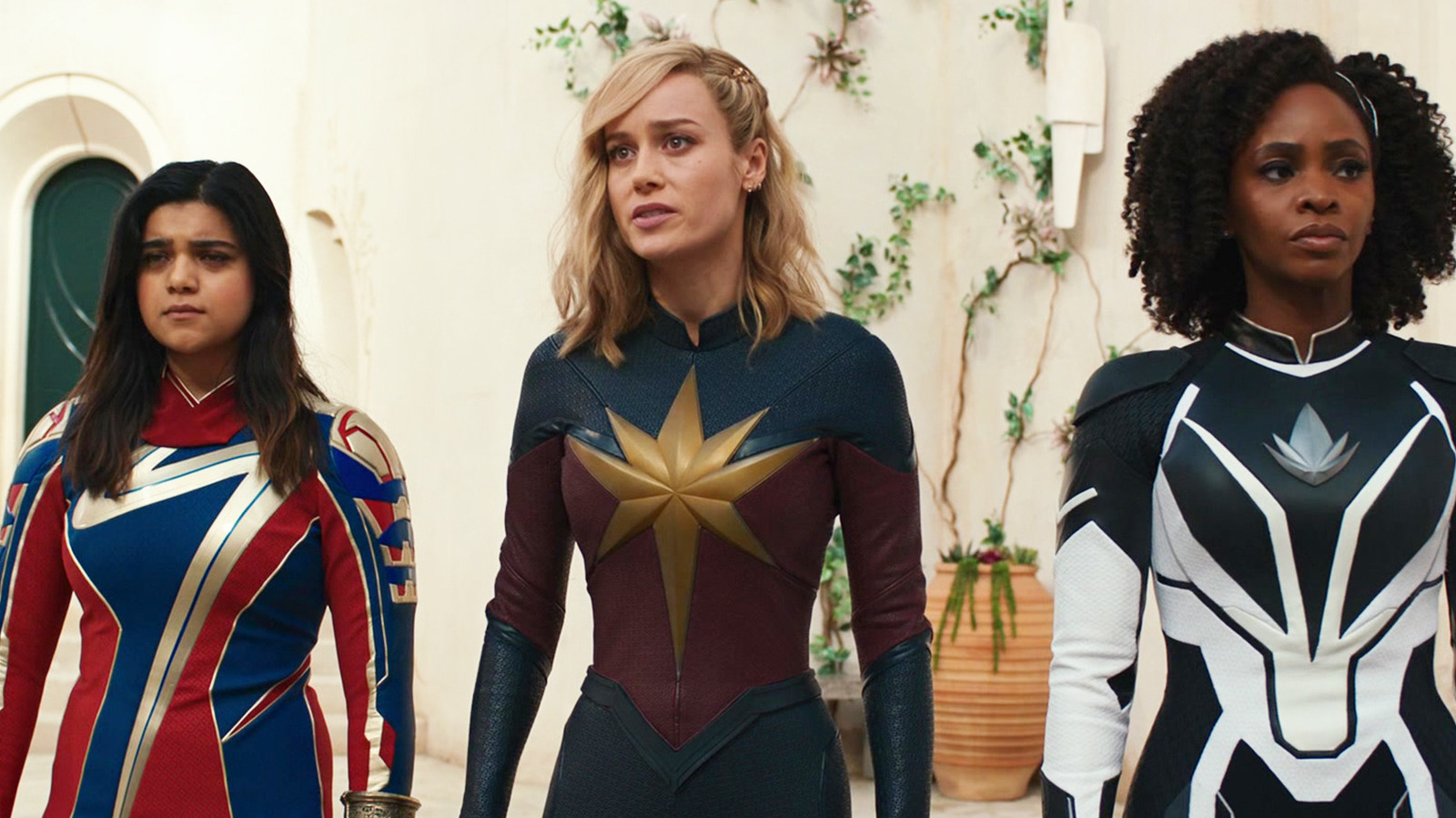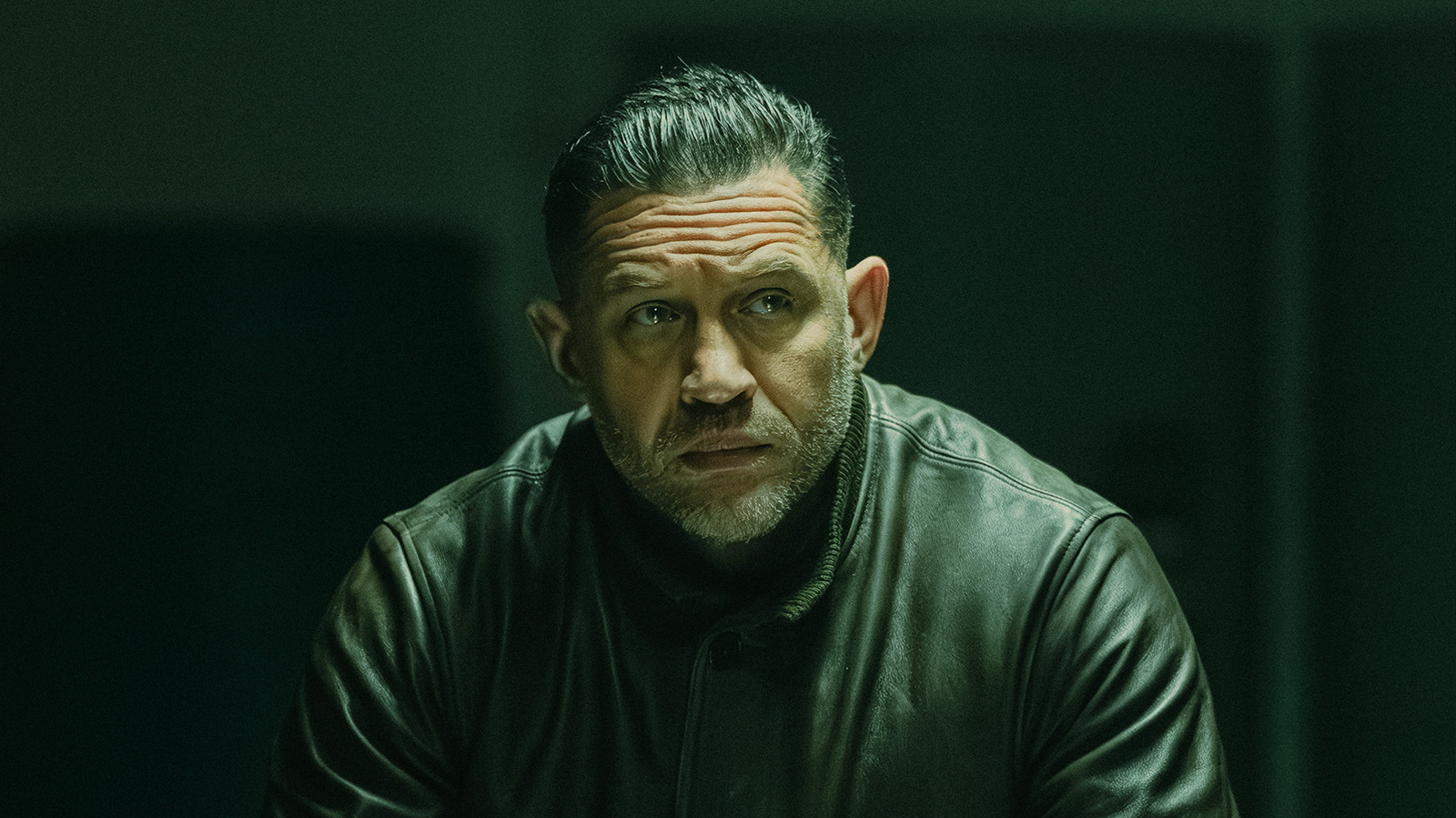On God
When Kream wakes up from a gunshot induced coma, he vows to change his violent ways. But when he returns home to his old neighborhood, his friends try to convince him to get revenge on his attacker, Big Mike, who has terrorized them and their families for their entire lives.
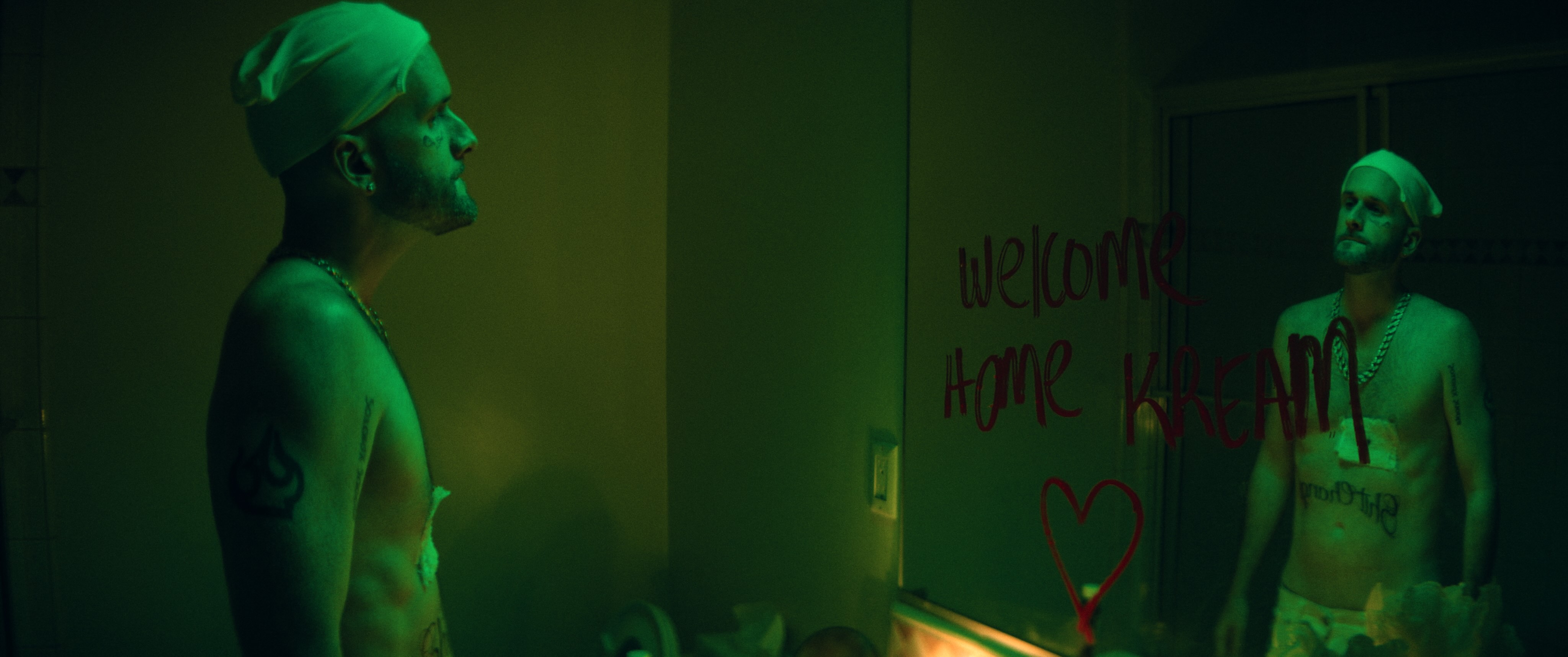

People who have faced near-death experiences often describe feelings of detachment, serenity, and an overwhelming sense of peace. But what happens after an experience like that? Can it really change the way you see your life – and the world around you? In Andrew Theodore Balasia’s latest short film, On God, these questions take centre stage through the story of Kream, a figure deeply embedded in a violent culture who views his brush with death as a chance at redemption. However, not everyone around him is ready to accept this change.
In reflecting on the inspiration for the narrative, writer/director Balasia explains that the genesis of the film lay in his interest in depicting “a character undergoing something deeply spiritual.” This theme is central to On God, as the audience is introduced to Kream while he recounts his out-of-body experience to his friends. What emerges is the portrait of a man undergoing a significant shift in identity. Yet, while Kream begins to search for deeper meaning and embraces forgiveness – even towards his assailant – his friends and brother remain skeptical, clinging instead to cycles of vengeance and retribution, leaving Kream caught between who he was and who he hopes to become.
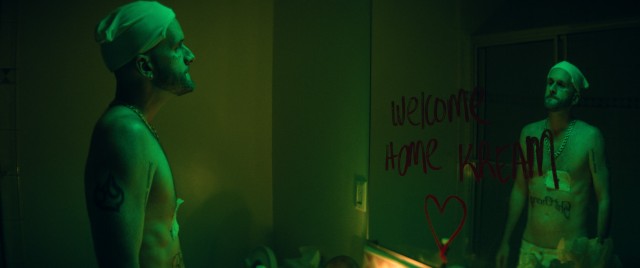
“I spent weeks discussing the project with actor and friend Al Warren” – Balasia on developing the character of Kream
A unique reflection on transformation, loyalty, and the struggle to break free from the past, On God immerses viewers in Kream’s world, skilfully using flashbacks and social media footage to deepen character and story. Each device serves a clear purpose: the flashbacks gradually piece together the legend of Big Mike – an influential yet unseen figure in the narrative – unfolding like “ghost stories around a campfire”. While, the inclusion of social clips offers a sharp commentary on the casual consumption of real-life violence online and modern society’s desensitisation to brutality.
“I wanted On God to feel speedy, like a frantic, ADD haze—psychedelic, but edging on a bad trip,” Balasia reveals. Explaining that his goal was to craft a “kaleidoscope of constantly shifting and colliding emotions,” while pushing genre boundaries by “weaving in horror and thriller tropes to intensify the humanity at the heart of the story.”
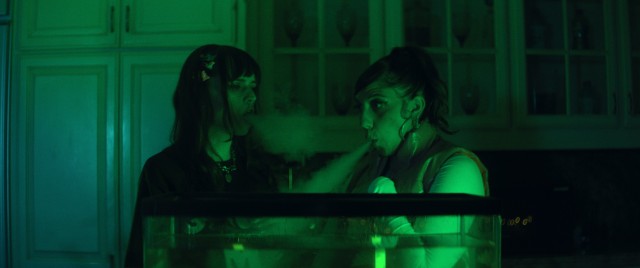
“My main focus with this short was experimenting with tone—using it as a playground to heighten the tension between heavy themes and dark comedy” – Balasia discussing his aims for On God
To bring this vision to life, Balasia collaborated closely with DP Ben Mullen (a regular on S/W, having shot Shadow Brother Sunday, Empath, Pennies from Heaven, Souvenirs and Bye Bye Body) and production designer Phil Steiger (who also worked on Empath & Pennies from Heaven), working to craft a visual world that felt entirely self-contained. The result is a singular, immersive environment – what Balasia describes as “its own planet, [but] contained within a single living room” – where the heightened emotional stakes play out against an atmosphere of claustrophobic intensity.
Balasia is also keen to highlight the crucial role composer James Pratley Watson played in shaping On God. Determined that audiences take Kream’s transformation seriously rather than dismiss it, Balasia wanted viewers to recognise that, for Kream, this experience is “completely real.” To achieve this, Watson’s “cosmic, ethereal score” became essential – elevating the film’s emotional core and imbuing Kream’s journey with a deep sense of sincerity.
Reflecting on his protagonist’s transformation, Balasia puts it simply: “He sees angels. He’s full of love. I believe Kream.” Whether audiences ultimately share that belief is left open to interpretation – but On God makes one thing clear: in a world that refuses to change, the most radical act might just be believing someone can.
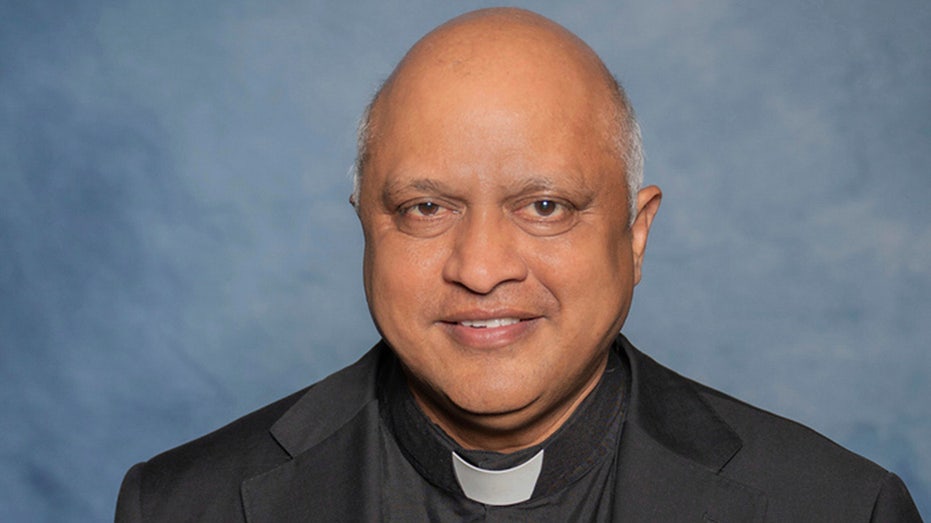







![[FREE EBOOKS] The Kubernetes Bible, The Ultimate Linux Shell Scripting Guide & Four More Best Selling Titles](https://www.javacodegeeks.com/wp-content/uploads/2012/12/jcg-logo.jpg)

















